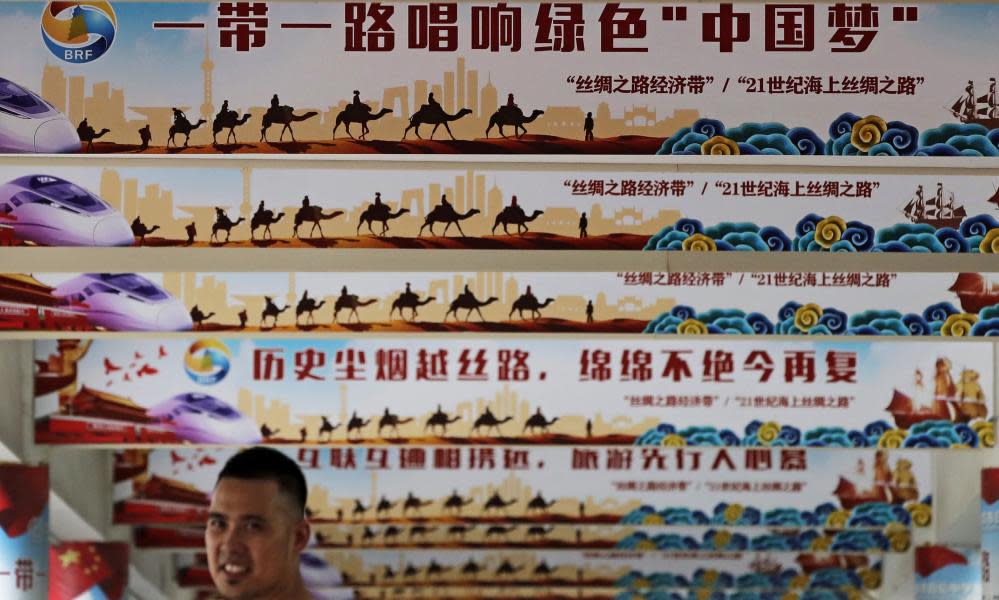Victoria bows to pressure to release Belt and Road deal with China

The Victorian government has bowed to pressure and released its agreement with China on the Belt and Road initiative as experts warn that the decision to sign on could be unconstitutional.
The state is the first in Australia to sign up to the Chinese president Xi Jinping’s signature global trade and infrastructure program, earning a rebuke from the prime minister, Scott Morrison.
The four-page memorandum of understanding states Victoria and China will work together to “inject new momentum” to achieve common development and promote connectivity of policy, infrastructure, trade, finance and people.
Businesses and organisations on both sides will develop long-term partnerships, the document says. The parties will enhance policy cooperation and “unimpeded trade”. The agreement is not legally binding and expires in five years.
Labor insiders have been quick to play down the agreement as being a “series of motherhood statements” that doesn’t commit to anything specific.
But the Australian Strategic Policy Institute director, Peter Jennings, is alarmed that Victoria may have overstepped the mark, after the federal government declined to sign up.
“My take on it is it was wrong for a state government to sign something like this – it might even be unconstitutional,” Jennings told Guardian Australia.
“It may not be tested, of course, but it strikes me as something the Victorians would have been wiser not to agree to.”
The agreement could be viewed as a form of inappropriate “political interference” by China, he said.
“They didn’t get the answer they wanted from one jurisdiction … so they went to another one, really with the effect of undermining the federal government’s position,” Jennings said.
He said he hoped other state leaders would be discouraged from copying Victoria. “Frankly, there is a bit of a trend at the moment for state leaders to go over to China with dollar signs rolling in their eyes, with how much money they can make from engagement,” he said.
An Australian National University academic, Prof Rory Medcalf, agreed the agreement could be “pushing the boundaries” on Australia’s constitution.
“It’s hard to see the point of the whole exercise, in terms of the interests of the state of Victoria and the Australian national interest,” Medcalf told the Guardian Australia.
“It contains an uncritical endorsement of everything that occurs under the rubric of Belt and Road. It does hand a propaganda win to China in its own differences with the Australian government over this issue.”
The federal government and the opposition have kept the initiative at arm’s length, saying they will look at cooperating on projects on merit.
Victoria’s premier, Daniel Andrews, insists that the agreement makes economic sense for his state. “This new Australian-first agreement sums up everything we have achieved with China over the past four years – it means more trade and more Victorian jobs and an even stronger relationship with China,” Andrews said last month.
He was the only Australian state leader to attend China’s Belt and Road international summit in May last year.
Belt and Road is a vast Chinese infrastructure plan to connect China via the ancient Silk Road land route and sea routes with Eurasia, Asia, Africa, the Middle East and Europe in an attempt to boost trade and economic growth while cutting transit time for goods.
The scheme has attracted international criticism for China’s use of “debtbook diplomacy”.

 Yahoo News
Yahoo News 
